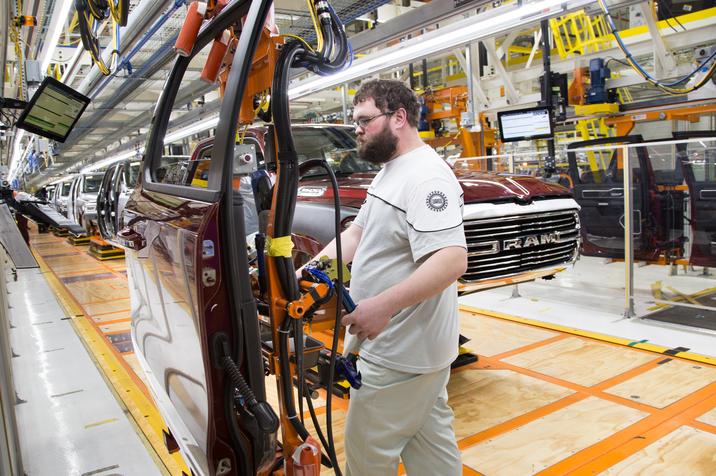President Donald Trump’s administration has generated controversy over U.S. auto tariffs.
In March 2025, Trump claimed that USTR negotiations failed to reach an agreement under Section 232. He noted that national security concerns have increased, as only half of the cars sold in the U.S. are manufactured locally and domestic production remains stagnant.
U.S. auto tariffs
Also Trump indicated that USMCA, KORUS and other initiatives have not generated sufficient results. Therefore, he ordered:
- Tariffs of 25 % on imported cars from April 3, 2025, with exemptions for those that comply with the USMCA.
- Tariffs of 25% on certain auto parts starting May 3, with similar exemptions.
- A process to include more auto parts in the tariffs within 90 days.
Pros and Cons
The following are highlights of the U.S. auto tariff controversy:
- The tariffs increased the prices of imported cars and locally produced vehicles with imported auto parts.
- The White House argues that the tariffs could reduce auto imports and strengthen the U.S. industrial base.
- Some groups, such as labor unions, support the auto tariffs, believing they protect American jobs.
- Trump has argued that the tariffs will reduce the U.S. trade deficit, increase government revenues and lower the fiscal deficit.
- Trump also defends the tariffs because, generally speaking, they are higher for U.S. products than those charged by customs in the United States.
- Tariffs fragment the global economy, slow international trade, and slow economic growth
- Some analysts believe the tariffs could negatively affect the U.S. auto industry and U.S. manufacturers.
- Tariffs may lead to retaliation. For now, only Canada has retaliated and challenged the tariffs at the World Trade Organization (WTO).
- The tariffs allow U.S. automakers a period to defend themselves against international competition.
- However, the tariffs do not allow for more open technological competition among global leaders.
Imagen cortesía de Redacción Opportimes | Opportimes

